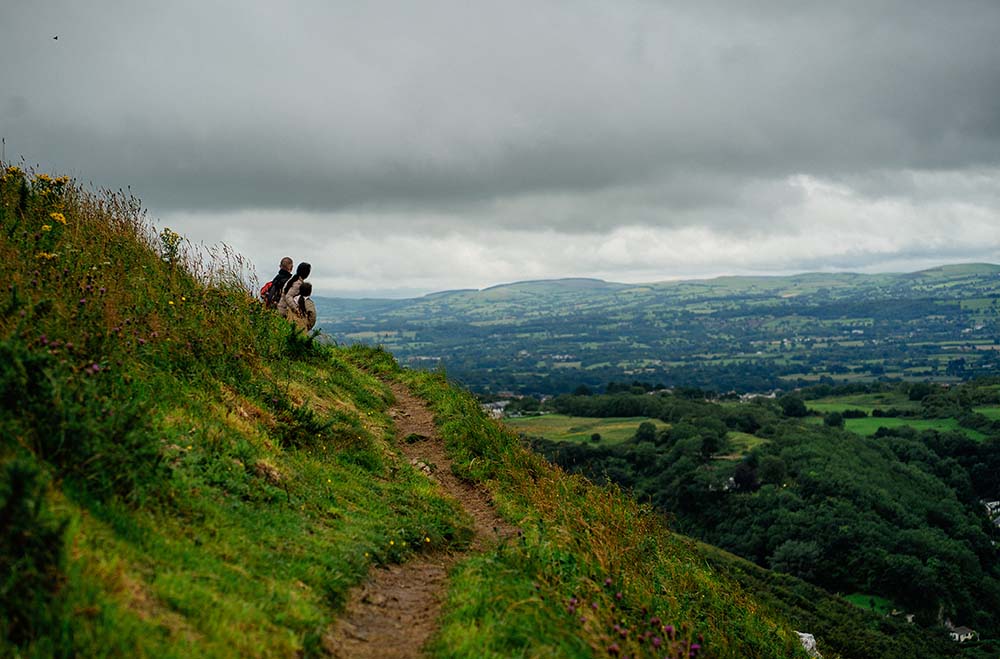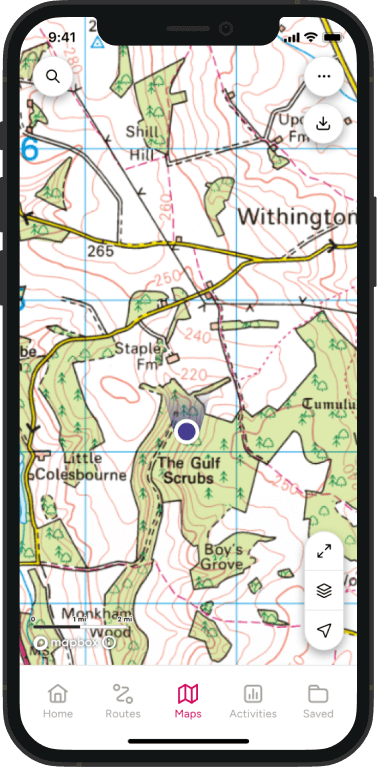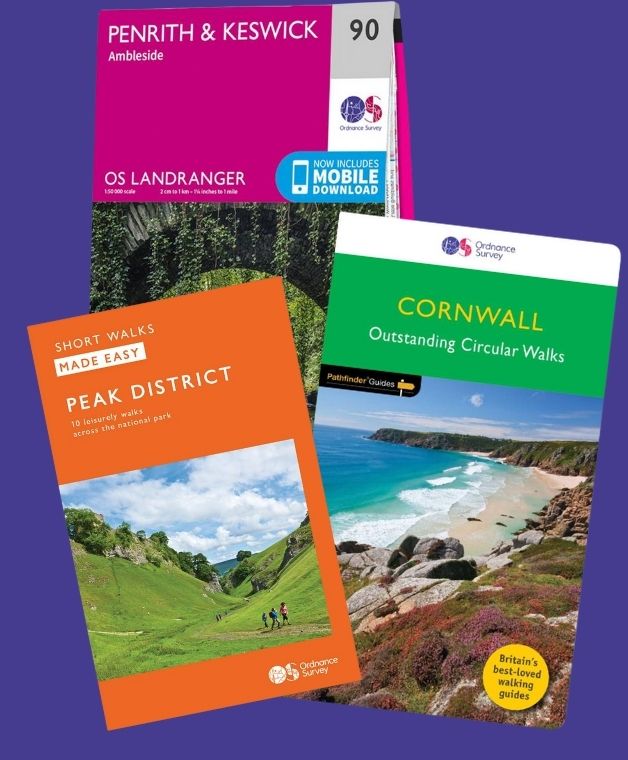Stop Getting Blisters When You’re Hiking!
There’s nothing worse than feeling a blister forming while you’re out hiking. It can ruin your day and everyone else’s if you have to cut the hike short. If you often get blisters while hiking, you might need to make a few changes, it’s not always about getting new boots. Blisters shouldn’t be a regular part of your hiking experience.
In this post, we offer our expert advice on how to avoid blisters while hiking.
Blisters are not a part of the hiking experience!
Don’t just stick a plaster on it and shrug off blisters as being something you come to expect, there’s no reason for you to get a blister. Follow our advice and see if your next hike can be blister free!
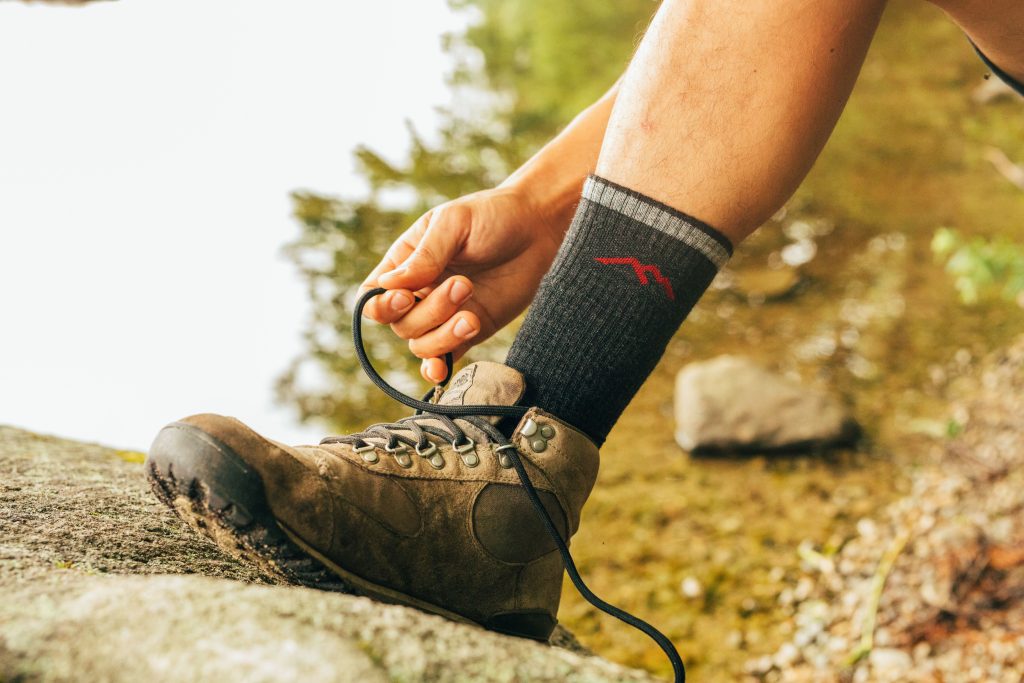
Why am I getting blisters when hiking?
When you’re out hiking, blisters can sneak up on you because of three main troublemakers:
Friction: Picture your skin having a constant tug-of-war with your socks or shoes. All that rubbing can cause the layers of your skin to separate, leading to those pesky blisters.
Heat and Moisture: Hiking can turn your feet into a steamy sauna. The heat and sweat soften your skin, making it more vulnerable to damage.
Pressure: Wearing shoes that don’t fit quite right or navigating rough and hilly terrain can create pressure points on your feet, making blisters far more likely.
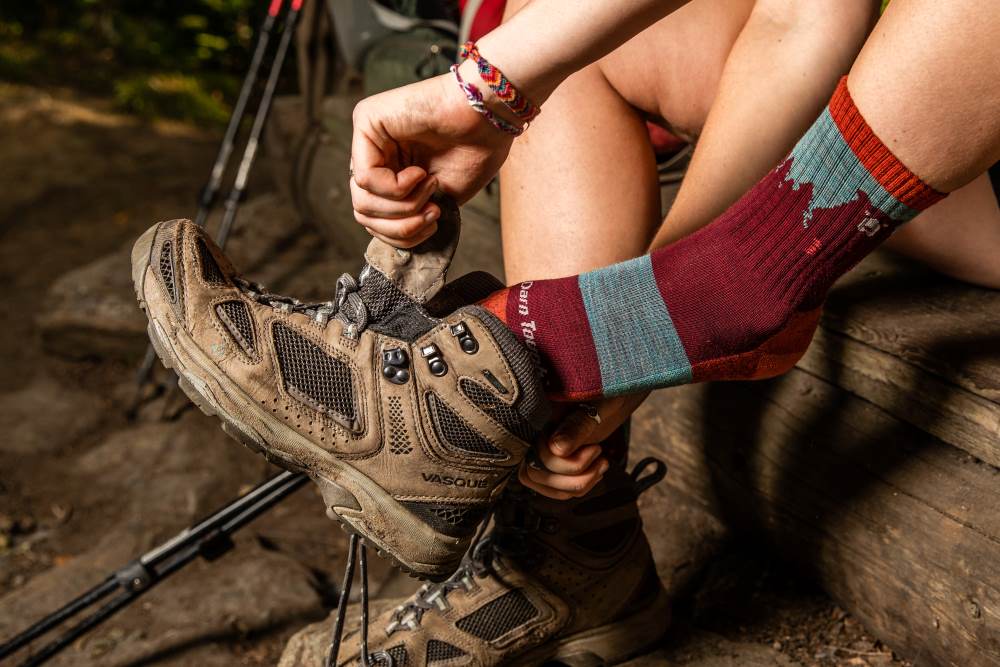
Why proper fitting hiking boots are so important
It seems so obvious but proper fitting hiking boots or any hiking footwear is essential in blister prevention because they reduce friction and provide the necessary support and stability to keep your feet from sliding around.
I’ve found my perfect pair!
The way I know my hiking boots are a great fit for me is that I’m never in a rush to take them off at the end of a hike, they’re so comfortable, especially after I added a gel insole which got rid of the achy feeling on my soles.
Hilary Pullen – Editor of Get Outside
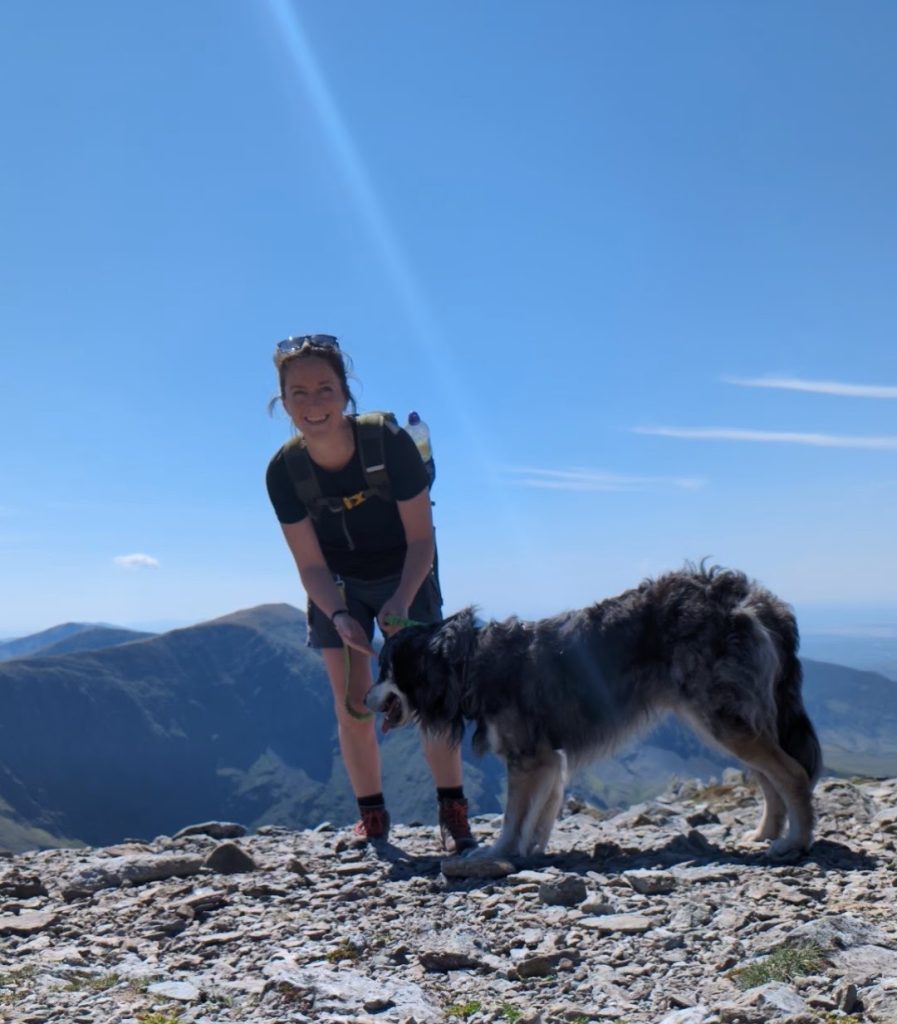
Is It Time for New Hiking Boots? Here’s How to Check:
Waterproofing: Test your boots in wet conditions. Leaks can turn a great hike into a soggy mess.
Comfort Check: Do your boots feel like a dream on long hikes? Any discomfort or pain means it’s time to reconsider.
Perfect Fit: Your toes should have wiggle room, your heel should stay put, and there should be no pinching or tight spots.
Support System: Make sure your boots offer solid arch support and ankle stability for uneven surfaces and ascents.
Wear and Tear: Look for signs of aging like worn-out soles, damaged uppers, or leaks. Your boots should be as tough as your hikes.
Blister Alert: Frequent blisters or hot spots are a clear sign your boots might be past their prime.
Traction Test: Check the grip on various surfaces. If you’re slipping, it’s time for new tread.
Flexibility Factor: Your boots should move with your foot but still provide the support you need.
Weight Watch: Ensure your boots aren’t weighing you down. Heavier boots can be exhausting on long treks.
Breathability: Your feet should stay cool and dry, even on warm hikes.
If the current hiking boots you are using are giving you blisters you may want to check some other aspects of blister prevention before the expense of going out and getting a brand new pair. Namely take a look at your socks, you may be surprised to find that the right socks could save you a great deal of money and pain.
OS Champion Top Tip
May Cheung – Since discovering toe liner socks underneath a pair of thick wool socks, I’ve never had a blister since
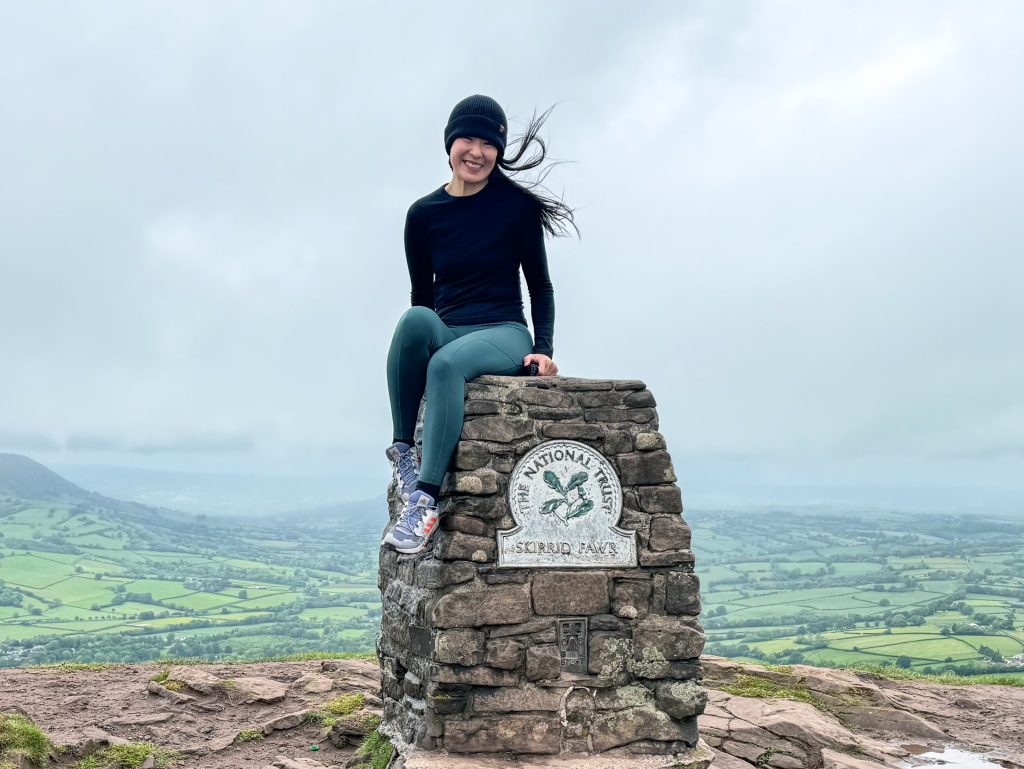
OS Champion Top Tip
Tracy Purnell – I always plaster my feet in Gehwol barrier cream before long hikes and ultras. It’s magic even if you get wet socks it protects your feet.
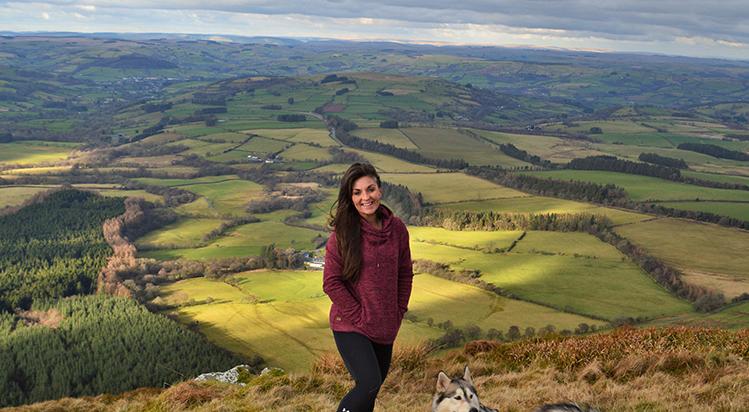
OS Champion Top Tip
Lisa Wells – Carry a pair of spare socks with you. Although I wear breathable socks, sometimes it’s nice to put a fresh pair on after lunch.
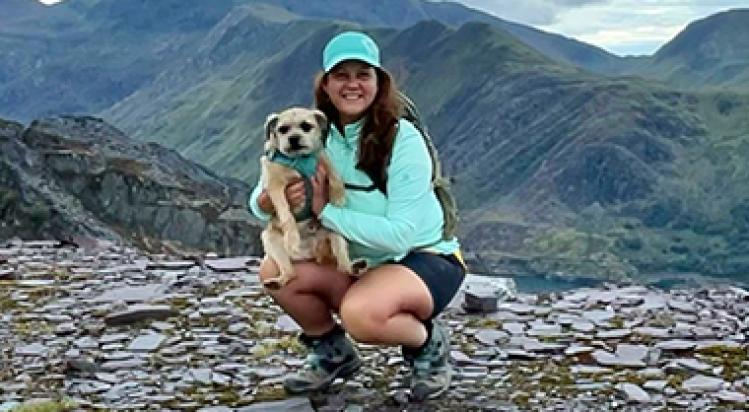
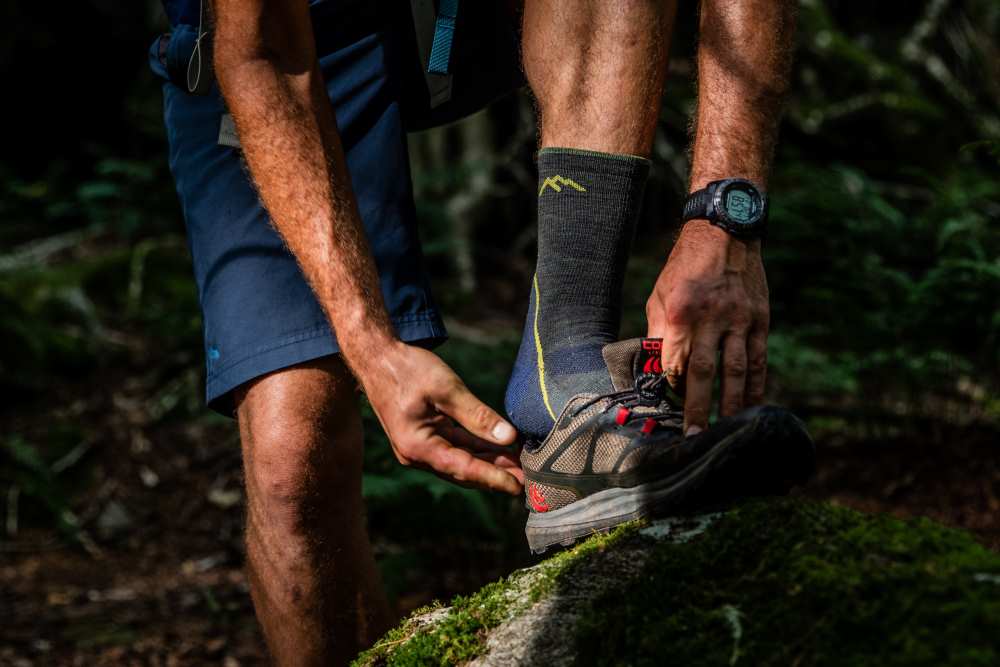
Do Blister Free Socks Exist?
While no sock can guarantee 100% blister prevention, choosing socks that have been specially manufactured with hiking comfort in mind can significantly reduce the risk of blisters and keep your feet comfortable when out hiking.
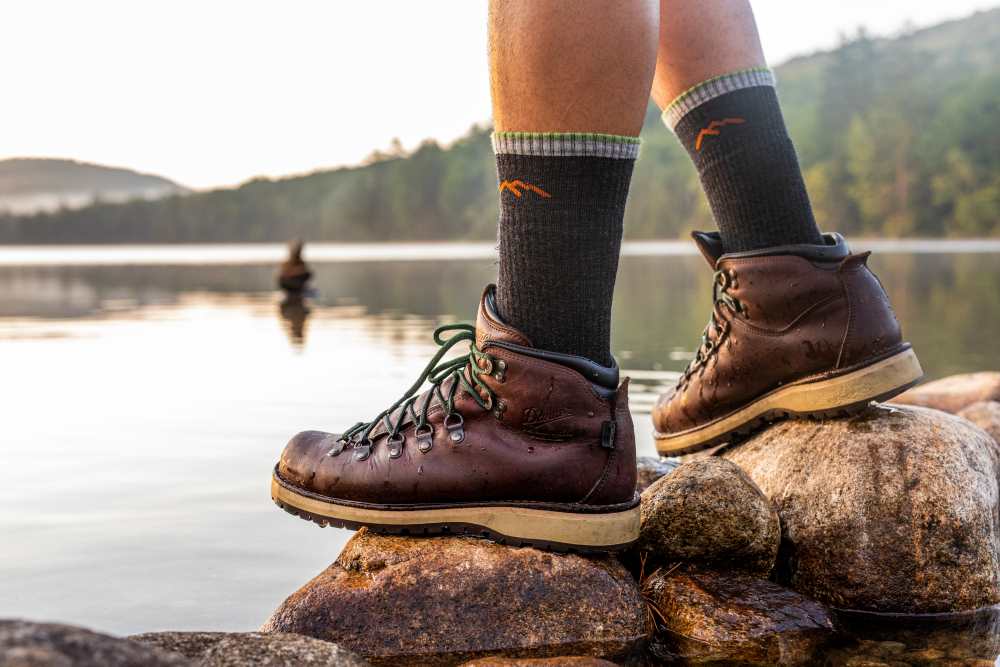
At the Ordnance Survey Shop, we only stock top-quality hiking gear that truly delivers. We rigorously check every claim about sustainability and durability before giving our stamp of approval. This is why we stock Darn Tough Socks. Their socks really do live up to the claims they make and they’ve become one of our best selling brands.
Darn Tough socks are a hiker’s best friend (and they’re beautiful!) Once you try your first pair, you’ll be hooked, especially with their lifetime guarantee – they last forever and stay comfortable. Made from high-quality Merino wool, these socks wick away moisture, keeping your feet dry and blister-free.
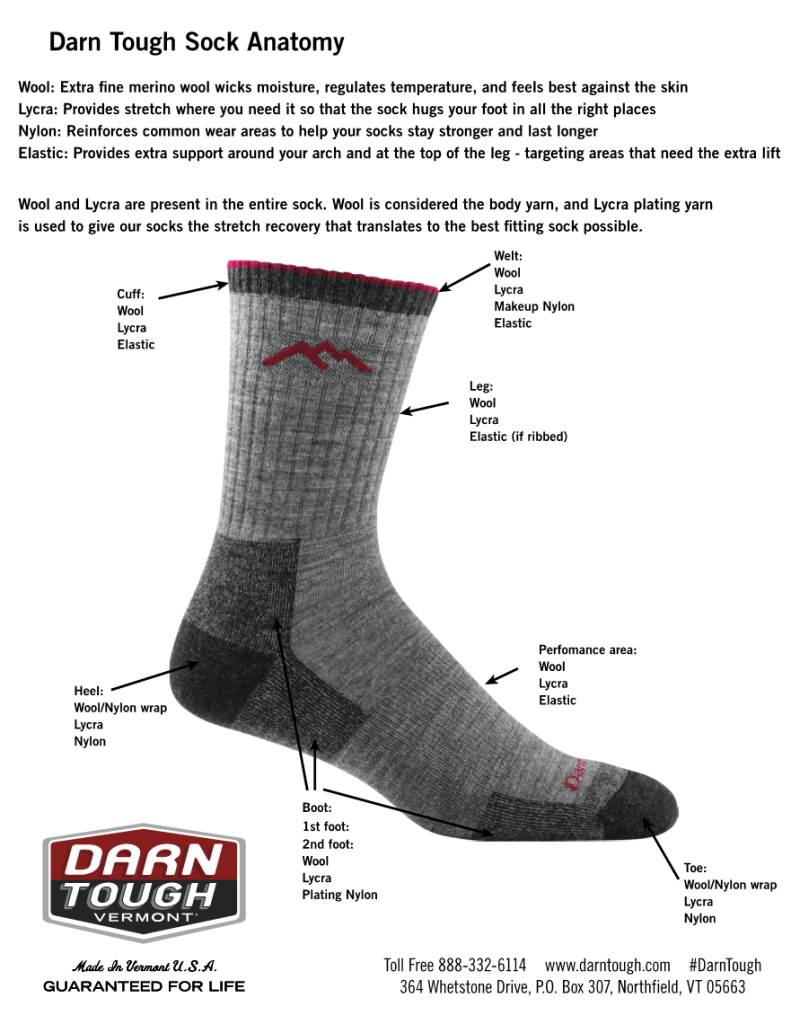
Their seamless design reduces friction, and strategic cushioning provides extra comfort and protection where you need it most, like the heel and toes. Built to withstand countless miles hiking in the hills and mountains, Darn Tough socks let you hike confidently, knowing your feet are in good hands (or rather, socks).
Why Darn Tough Socks Are a Sustainable Choice
Durability: These socks are built to last, which means fewer replacements and less waste. Their lifetime guarantee ensures that one pair can outlast many others, reducing the overall environmental impact1.
Materials: Darn Tough prioritizes high-quality Merino wool, which is a renewable resource. They are committed to sourcing wool from sheep that have not been exposed to harmful practices like mulesing. Additionally, they support the Responsible Wool Standard (RWS), which promotes sustainable farming and animal welfare.
Local Manufacturing: All Darn Tough socks are made in Northfield, Vermont. By manufacturing locally, they reduce the carbon footprint associated with transportation and support the local economy.
Environmental Commitment: Darn Tough is dedicated to continuously improving their environmental impact. They are actively working to phase out virgin, petroleum-based fibers in favor of recycled and renewable alternatives.
By choosing Darn Tough socks, you’re not only investing in high-quality, comfortable footwear but also supporting a brand that prioritises sustainability and environmental responsibility.
Helen Percy – 1) Go to a good, independent, equipment shop and get your footwear properly fitted. 2) Look after your feet. I’ve found moisturising and removing dead skin more effective than things like surgical spirit or salt water to toughen the skin. 3) Take as much care over your walking socks as you do over your boots.
Mountain & Wellness Walking Lancashire – Vaseline! Slap plenty on before you set off on your walk, seems to work very well. Top Tip: Put a little on the soles of your feet as it helps you walk faster!
Daniel Kenyon – Learn to tie your boots properly! Don’t just lace them up to the top and tie them, that’s probably the worst way to do it.

EXPLORE THE
OS Shop
We are with you every step of the way. Shop our trusted walking and hiking maps and guidebooks so you can explore the outdoors with confidence.
Go to the shop
